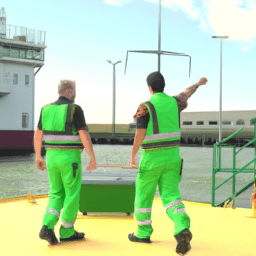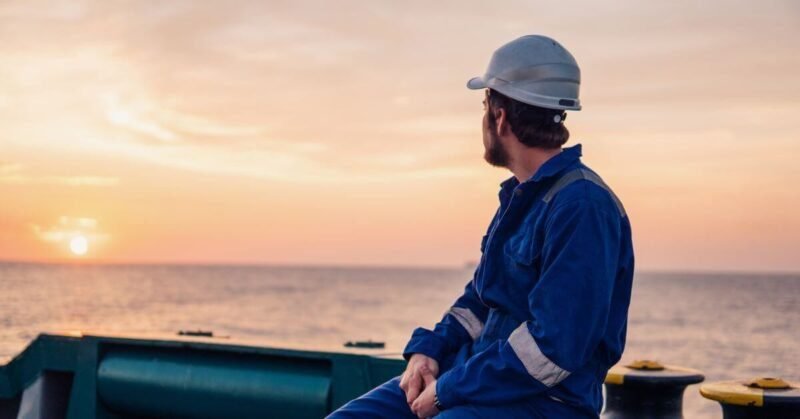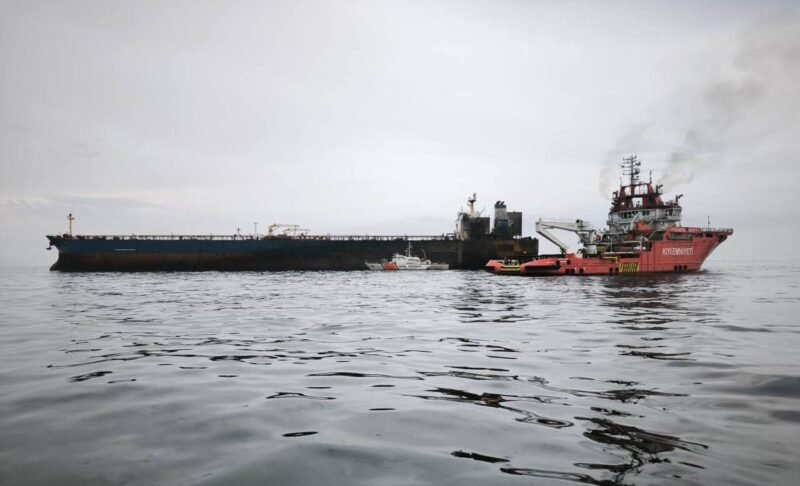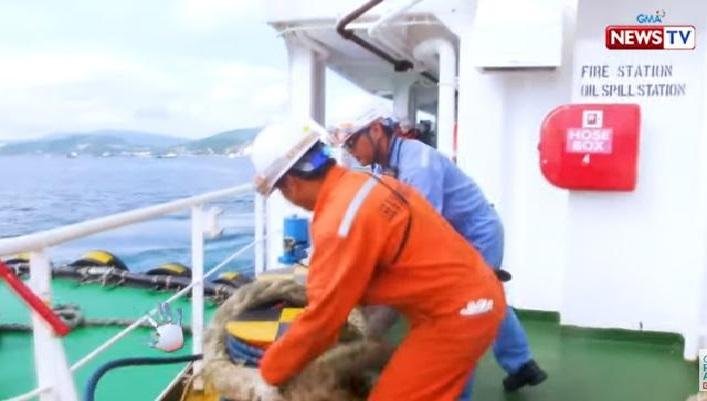The Benefits of Seafarers Training for New Green Fuels: How It Can Help Reduce Carbon Emissions
The world is facing an unprecedented environmental crisis, and the shipping industry is no exception. As the largest contributor to global carbon emissions, the shipping industry must take action to reduce its environmental impact. One way to do this is to invest in seafarers training for new green fuels. This type of training can help reduce carbon emissions by providing seafarers with the knowledge and skills they need to safely and effectively operate vessels powered by alternative fuels.
Seafarers training for new green fuels can help reduce carbon emissions in several ways. First, it can help ensure that vessels are operated in a safe and efficient manner. By providing seafarers with the necessary knowledge and skills, they can ensure that vessels are operated in a way that maximizes fuel efficiency and minimizes emissions. This can help reduce the amount of carbon dioxide released into the atmosphere.
Second, seafarers training for new green fuels can help reduce the cost of operating vessels. By providing seafarers with the necessary knowledge and skills, they can ensure that vessels are operated in a way that maximizes fuel efficiency and minimizes emissions. This can help reduce the cost of operating vessels, which can in turn help reduce the cost of shipping goods.
Third, seafarers training for new green fuels can help reduce the risk of accidents. By providing seafarers with the necessary knowledge and skills, they can ensure that vessels are operated in a way that minimizes the risk of accidents. This can help reduce the risk of environmental damage caused by accidents, which can in turn help reduce the amount of carbon dioxide released into the atmosphere.
Finally, seafarers training for new green fuels can help reduce the amount of time vessels spend in port. By providing seafarers with the necessary knowledge and skills, they can ensure that vessels are operated in a way that minimizes the amount of time spent in port. This can help reduce the amount of carbon dioxide released into the atmosphere, as well as reduce the amount of time vessels spend in port, which can in turn help reduce the cost of shipping goods.
In conclusion, seafarers training for new green fuels can help reduce carbon emissions by providing seafarers with the knowledge and skills they need to safely and effectively operate vessels powered by alternative fuels. This type of training can help ensure that vessels are operated in a safe and efficient manner, reduce the cost of operating vessels, reduce the risk of accidents, and reduce the amount of time vessels spend in port. By investing in seafarers training for new green fuels, the shipping industry can take an important step towards reducing its environmental impact.
Share it now

















